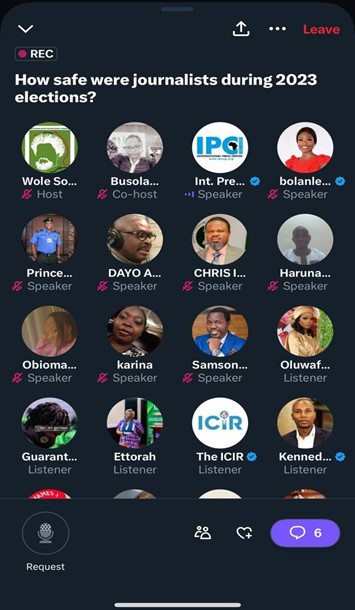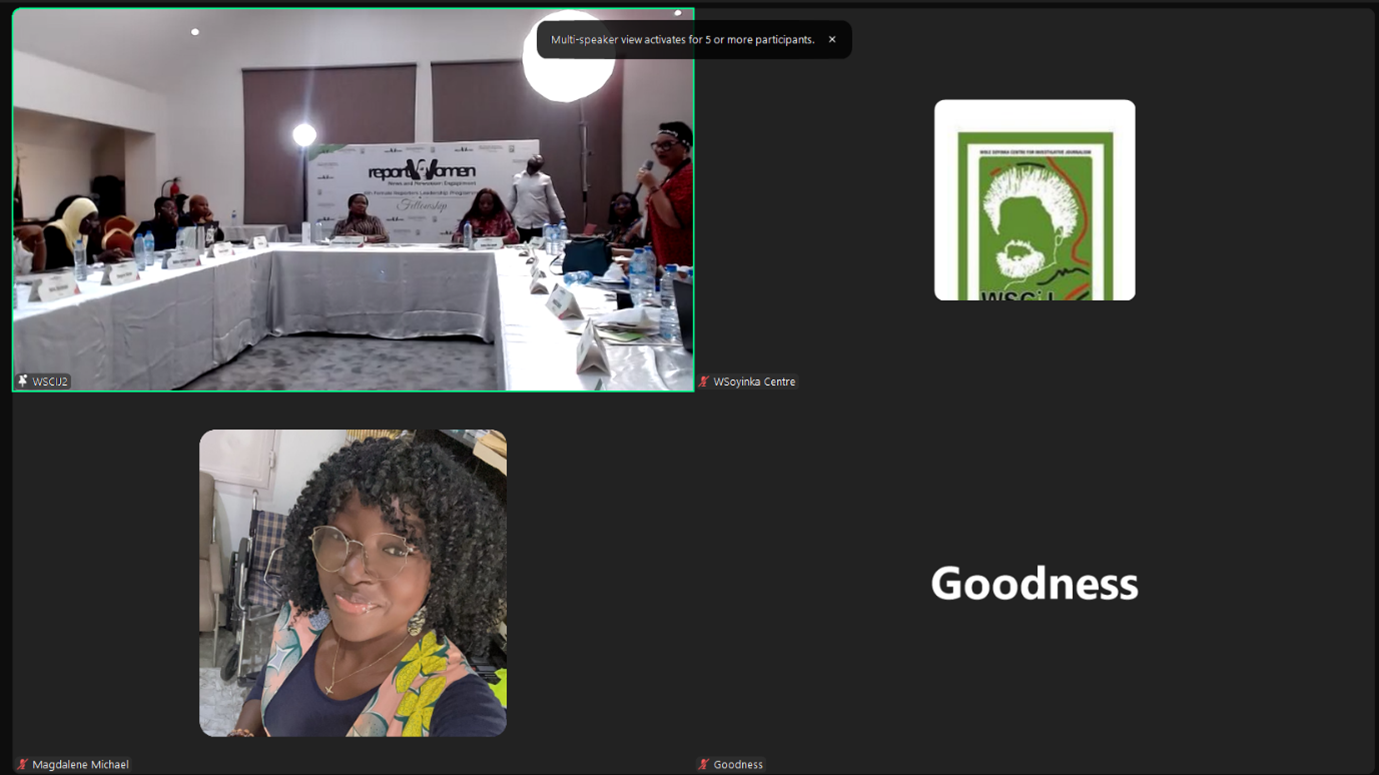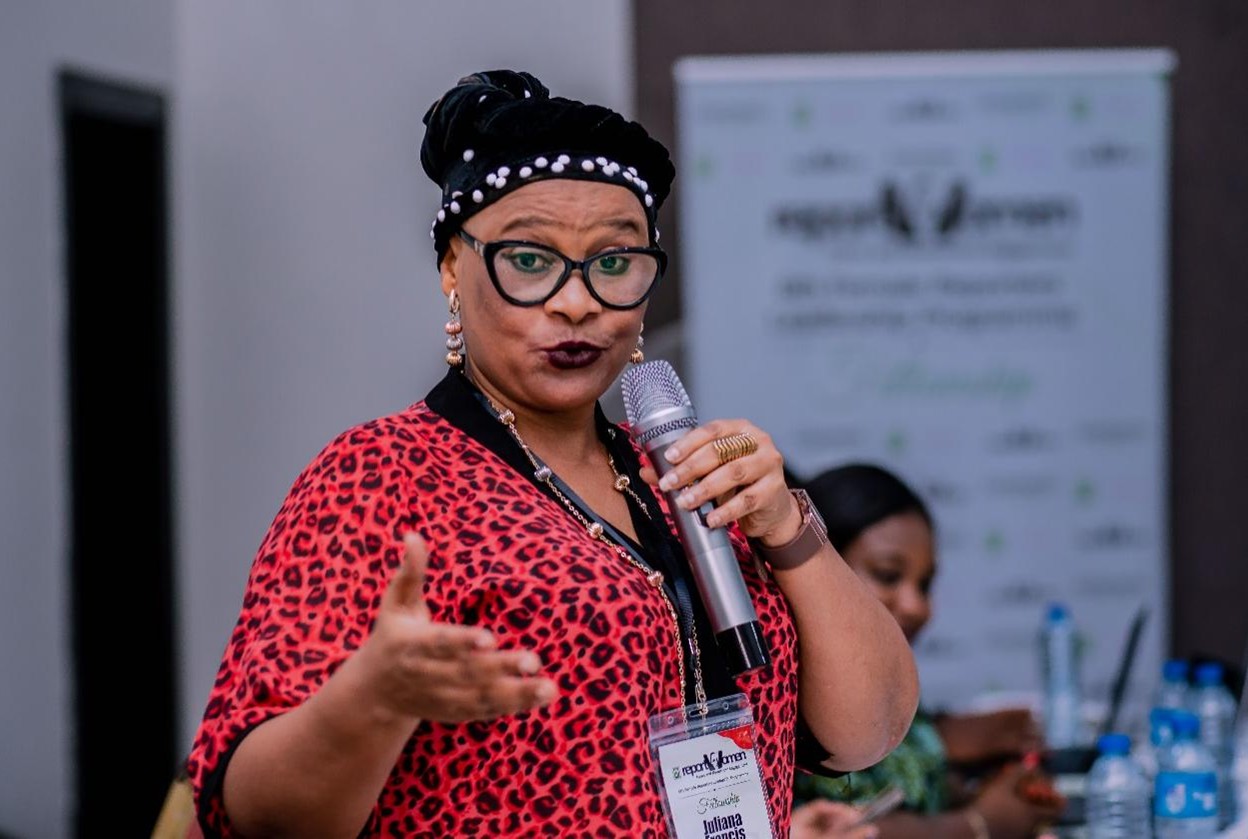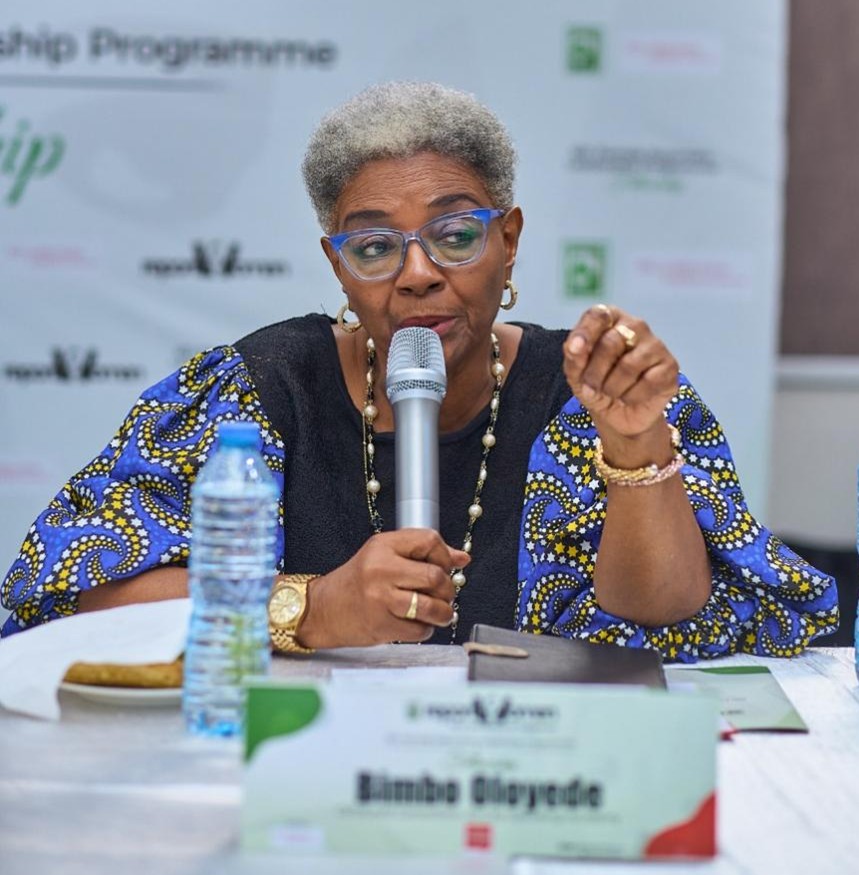Panellists at the Journalism and Society Twitter Spaces organised by the Wole Soyinka Centre for Investigative Journalism (WSCIJ) on Thursday, 20 April have called for multi-stakeholder response to ensure the safety of journalists covering election.
The virtual conversation had Muyiwa Adejobi, Force Public Relations Officer, Nigeria Police Force Headquarters, Abuja; Obioma Okonkwo, Legal Officer, Media Rights Agenda; Bolanle Olabimtan, Senior Reporter, TheCable; Haruna Mohammed Salisu, Co-publisher, WikkiTimes; Melody Akinjiyan, Press Freedom Officer, International Press Centre; Dayo Aiyetan, Executive Director, International Centre for Investigative Reporting; Chris Isiguzo, National President, Nigeria Union of Journalists and Karina Igonikon, Reporter, BBC Pidgin Service as panellists. Busola Ajibola, Deputy Director for Journalism Programme, Centre for Journalism Innovation and Development (CJID) moderated the conversation.
In his opening remarks, Samson Ademola, Programme & Research Officer, WSCIJ, said conversation was important to reflect on journalists’ safety in the last general elections – national and sub-national. According to him, stakeholders are concerned because the media and journalists are a critical part of democracy and an open civic space, and attacks on them while covering elections will impact their critical role as defenders of the civic space and livewire of democracy.
Two of the panellists and journalists – Bolanle Olabimtan and Haruna Mohammed – shared their experience covering the last elections. Haruna Mohammed explained how he was arrested, unlawfully detained, and charged to court by the police, allegedly on the order of the Bauchi state Governor, Bala Mohammed. He urged journalists to play safe because many politicians are desperate for power. On her part, Olabimtan said she was targeted and attacked by suspected hoodlums while on electoral duty in Delta State. She insisted that the safety of journalists is beyond their control as other stakeholders like the police have a part to play in protecting them while on election duty.
Dayo Aiyetan observed that the Department of State Services (DSS), Nigeria Police Force, Independent the National Electoral Commission (INEC), Nigeria Union of Journalists, and other stakeholders must develop a response mechanism to protect journalists on electoral duties. He enjoined INEC to step up their fight against electoral impunity. According to him, Nigeria’s constitution allows journalists to hold the government to account but does not provide for its safe implementation.
In the absence of specific laws protecting journalists, Obioma Okonkwo encouraged journalists to leverage all available legislations such as the anti-torture act to protect their rights. Also, Karina Igonikon advised law enforcement agents to see journalists as equal stakeholders in the Nigerian project. According to her, the bias against journalists often results in unnecessary friction.
Melody Akinjiyan urged the police to investigate, prosecute and get judgements against election offenders to serve as deterrence. She however reiterated that journalists should also adhere to the ethics of the profession in electoral coverage and reporting.
The National President of the Nigeria Union of Journalists, Chris Isiguzo, noted that journalists should be impartial in their reports of elections, stay apolitical and not throw themselves in the ring when covering elections. He advised journalists to know when to pull the plug on stories that expose them to dangers and threats because no story is worth their lives.
Ahead of future elections, Muyiwa Adejobi observed the need for training and a joint forum for all stakeholders to be coordinated by INEC. The Force Public Relations Officer enjoined journalists to lodge complaints and follow up with reported cases of harassment by security agents. He noted that publishing a report is not an end in itself.
The recording for the conversation are available here for anyone who missed it or wishes to listen to it again.
Signed
WSCIJ Team








